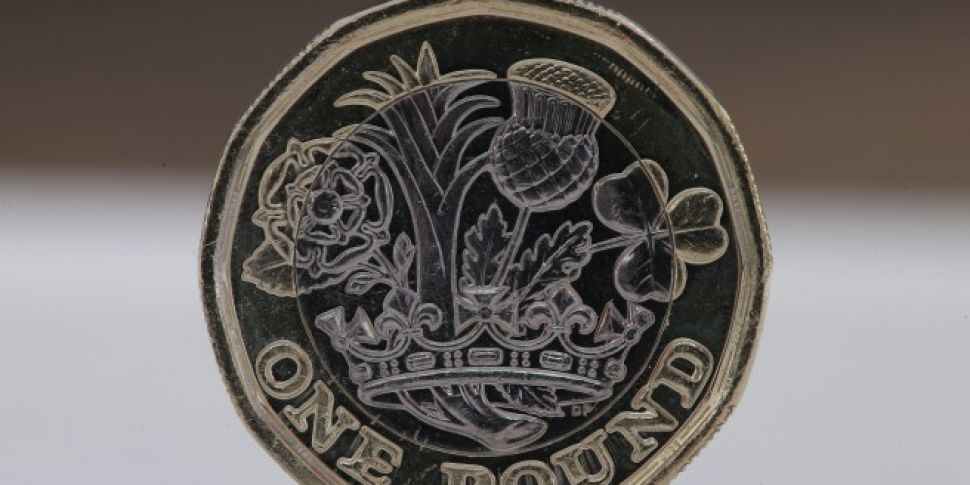A new one pound sterling coin has entered circulation in Britain.
The UK's Royal Mint released roughly 300 million of the 12-sided, bi-metallic coins on Tuesday, claiming that its security features make it "impossible to replicate".
As well as being thinner, lighter and a little bigger than its predecessor, the "most secure coin in the world" boasts a hologram-like image and micro-sized lettering inscribed inside its rims by advanced laser systems.
Its biggest security feature, however, is top secret, with the Royal Mint's chief engraver Godron Summers telling WIRED that:
"It's something you need a machine to detect".
He added:
"It is currently impossible for those counterfeiting coins to copy – it's not difficult to do, it's impossible".
They are being produced at the Royal Mint in Llantrisant, South Wales, at a rate of three million per day.
The old round pounds, in circulation since 1983, will cease to be legal tender from October 15th, allowing for a six month transition period.
The move comes due to concerns over the amount of sophisticated counterfeit currency in circulation. Around one in every 30 old pound coins has been shown to be a fake in recent years.
The UK government has reported that around £1.3 billion worth of coins are stored in savings jars across the country, and the current £1 coin accounts for nearly a third of these.
Currency controversy
Late last year, the introduction of a new £5 note caused controversy across the UK when the Bank of England was forced to admit that the bill contained a small amount of animal fat.
Thousands of animal rights supporters took to the internet to sign a petition condemning the currency.

The change.org campaign declared it "unacceptable to millions of vegetarians and vegans" and demanded that production be stopped.
The bank moved to ease the concerns of vegetarians, vegans, animal rights activists and members of various religions by confirming that they were looking at "possible solutions" and that the currency supplier was "working intensively" to remove it.
Professor David Solomon, the man who invented the polymer note in question, dismissed the uproar on Australian radio station 2GB:
"It's stupid. It's absolutely stupid. There's trivial amounts of it in there."









